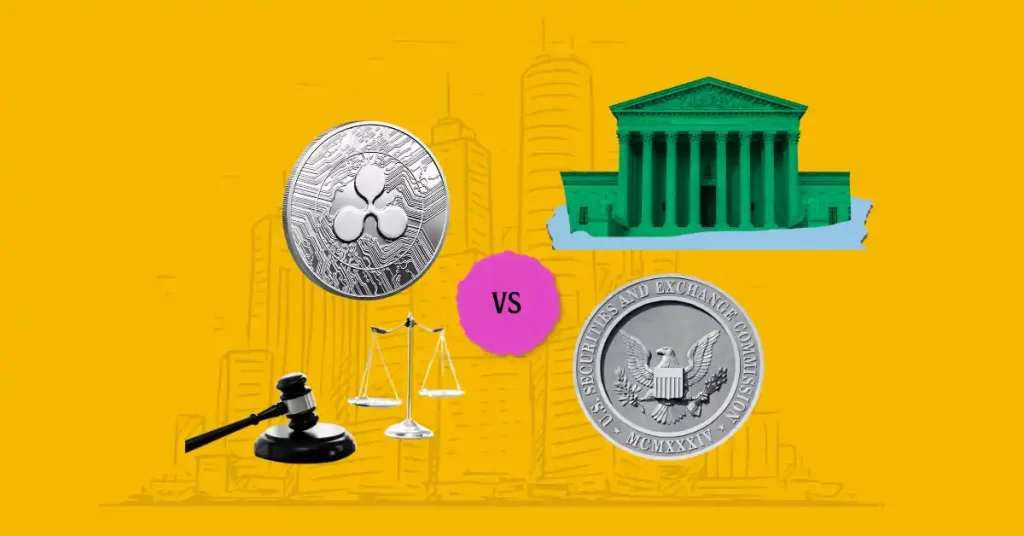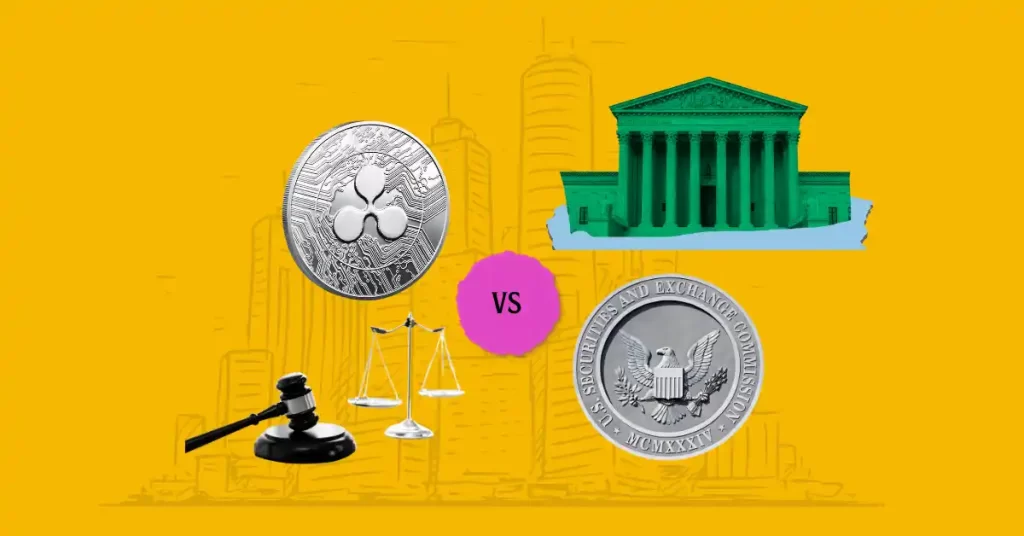Ripple vs. SEC: Legal Analyst Bill Morgan Exposes SEC’s Flaws in XRP Lawsuit


The post Ripple vs. SEC: Legal Analyst Bill Morgan Exposes SEC’s Flaws in XRP Lawsuit appeared first on Coinpedia Fintech News
The never-ending legal battle between the SEC and Ripple Labs, Inc. continues to attract attention from the crypto space. In the latest development, the SEC opposed Ripple’s motion to seal and redact certain evidence relating to the parties’ briefing on remedies.
Legal analyst Bill Morgan has criticized the SEC’s stance while pointing out critical inconsistencies and distinctions among the types of contracts made by Ripple.
Bill Morgan’s Criticism of the SEC’s Stance
Legal analyst Bill Morgan took to social media to mock the SEC’s opposition to Ripple. He pointed out discrepancies in the SEC’s arguments and highlighted the agency’s apparent failure to understand Ripple’s On-Demand Liquidity (ODL) contracts.
“The SEC clarifies that none of the sales to institutions with discounts were ODL contracts,” Morgan stated. He explained that the ODL contracts require customers to purchase XRP at market prices and use it in transactions rather than holding it as an investment. That key distinction undermines the SEC’s argument that Ripple’s institutional contracts should be considered investments.
SEC’s Argument Against Sealing
The SEC’s letter to Judge Torres outlined several reasons the Commission has opposed Ripple’s motion to seal and redact evidence.
First, the SEC bases its opposition on public interest and transparency. The SEC emphasized the importance of the public being able to see documents in judicial proceedings, specifically in high-profile enforcement actions.
“The common law right of public access to judicial documents is firmly rooted in our nation’s history,” the SEC quoted, citing Lugosch v. Pyramid Co. of Onondaga.
The SEC argued that the financial information Ripple seeks to redact is essential to the court’s determination of appropriate remedies. This includes data on Ripple’s current assets, sales, revenues, expenses, and investor discounts.
Ripple’s arguments are simply conclusory statements without concrete evidence. In addition, much of the financial information Ripple wants to seal is stale. The SEC opined that stale business records can never be a justification to seal disclosure and will not substantially harm Ripple today.
Morgan’s Insights on ODL Contracts
Morgan highlighted how the SEC admitted none of the discounted sales to institutions involved in ODL contracts. This distinction is important because it fits exactly with the SEC’s admission that ODL contracts do not have the features that made other institutional buyer contracts investment contracts, as summarized by Judge Torres in the summary judgment.
“The ODL contracts require ODL customers to purchase XRP at market prices and to use the XRP in ODL transactions and agree not to hold them as investments. It remains a mystery why Judge Torres lumped them in with the other contracts with Institutions,” Morgan noted.
All in all
Morgan’s critique highlights the complexity of the SEC’s case against Ripple. If the court adopts the SEC’s opposition to sealing, Ripple’s financial dealings will be scrutinized.
The distinction between ODL and other institutional contracts could be pivotal in the outcome. Only by appreciating such nuances can the exact extent of Ripple’s compliance with securities law, if at all, be ascertained and appropriate remedies determined.

